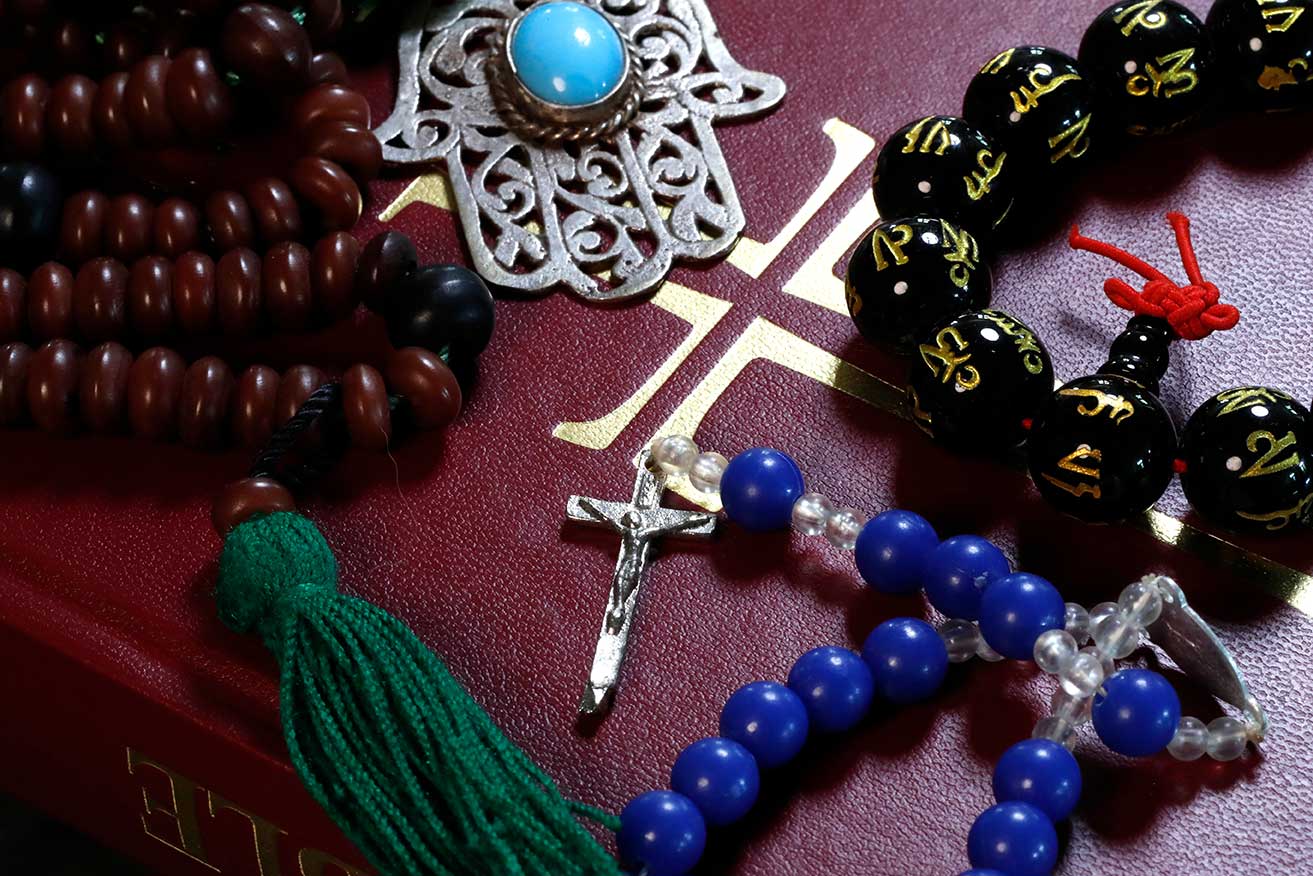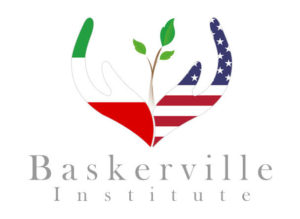About the Initiative
Is friendship even possible between groups with opposing beliefs about the true purpose for life and the best way to pursue it? Yes! The proposition is that trustworthy religious rivals can build working friendships based on helpful collaboration and respectful co-resistance. Co-resistance here refers to the natural tension between rival contestants that desire to be friends. This initiative will prove that sincere opposing resistance, rightly aligned by trusting friendship, is required to sustain a strong arch of peace.
Why try to build trusting friendship between rival groups that disagree about values? Because our world that functions on trusting cooperation is in gridlock right now over contested values as much as competing material interests. Neither bribes nor threats move hearts to alter their true allegiance. The traditional forms of diplomacy used to negotiate trade-offs of interests are not capable of building sufficient trust let alone friendship between conflicting groups with irreconcilable values. Indeed, today’s diplomatic negotiations can feel like disguised persecutions when parties harbor contemptuous disregard for each other’s beliefs and values.
When the issue substantially concerns values and beliefs, the diplomatic goal should be building trust and friendship that sustain peaceful tension—not negotiating compromises to resolve the conflict. Lasting friendship includes the tension of respectful disagreements over beliefs and values that remain unresolved. Friends incorporate their irreconcilable disagreements as a proof of mutual trust and loyalty. So when divergent values are the main driver of conflict friendship is not an idealistic dream, but a very practical goal for peace building.

Here are some reasons:
- It is already a cross-cultural idea embraced by religious and ethical traditions worldwide. It is ubiquitous in every aspect of social life, thought or discipline. In places it even bears the moral weight of divine commandment.
- It, as noted above, infuses emotional desire to sustain good will even in the face of non-negotiable disagreements over values.
- It is always aligned with mutual trust, the ingredient proven essential for all well-functioning societies.
- It is can begin modestly with successful interpersonal bonding between people of different gender, age, class, color, taste, tribe or religion. Seeing this, larger group friendships then become possible and eventually desirable.
Initiative Sponsor
With support from the Stirling Foundation, the Baskerville Institute and the Foundation for Religious Diplomacy will initiate a series of lectures and outreach activities on Religion and Friendship. The purpose of the initiative is to examine theological and ethical foundations of friendship and how religious interactions can generate friendship symbols that preserve societal friendship. As John MacKay stated, “to make religion akin to Friendship is simply to give it the highest expression conceivable by man.”
Initiative Directors
Bahman Baktiari,
Executive Director, the Baskerville Institute
Charles Randall Paul,
President, the Foundation for Religious Diplomacy
Why focus on friendship ?
- Friendship is a concept promoted by all religious, ethical and cultural traditions of the world. For example, the word for human beings in the Qur’an is Insan, a derivative from the Arabic root word Uns, which means “intimacy /gregariousness.
- Friendship is a human relationship that can be based on agreements or disagreements in things human and devine. What sustains a “friendships” is goodwill and charity.
- Different religious and ethical perspectives all point to friendship embodying compassion, integrity, honesty, and caring for human fellowship.
- Friendship transcends ethnicity, gender, geographic boundaries and political and religious affiliations.
- Friendship has manifestations in virtually every discipline, from theology, philosophy, literature and history, to anthropology, psychology and cultural studies.

About the Baskerville Institute.
Baskerville Institute is a nonprofit, nonpartisan, nongovernmental organization devoted to supporting and strengthening the bonds of friendships between Iranians and Americans. The institute is named after Howard C. Baskerville, who was killed fighting for Iranian democracy and liberty during the Constitutional Revolution 1906-1911. The founders of the institute are committed to continuing the legacy and memory of Baskerville who has been called the “American Lafayette of Iran.” Our guiding principle comes from Baskerville’s own words: “I cannot remain and watch indifferently the suffering of [Iranian] people fighting for their rights, I am an American citizen and am proud of it, but I am also a human being and cannot help feeling deep sympathy with people of this city [Tabriz].”
Howard C. Baskerville gave us a model of friendship and mutual respect more than a century ago that is still relevant and provides an alternative to government-promoted narratives of mutual satanization and conflict. Americans who have interacted with Iranians, and Iranians who have interacted with Americans know how much we have in common with each other. Inside Iran, millions of citizens fondly remember Baskerville as an American who sacrificed his life in the quest of liberty and representative democracy for Iranians. To them, Baskerville and his legacy is America and the values America stands for.
The Foundation for Religious Diplomacy (FRD) exists to build trust and goodwill between religious, ideological or cultural critics and rivals without requiring consensus or compromise of integrity.
FRD’s goal is to assist religious and ideological critics and rivals to live in peaceful tension together as they live their religions with full integrity. Religious or cultural diplomacy aims to develop and implement attitudes and practices for respectfully engaging our religious and ideological differences without denigrating the wisdom and doubting the good will of our trustworthy critics and rivals. To this end FRD provides programs for persons of conviction, to honorably engage others of different beliefs in trust-building conversations and activities. FRD is distinctly not ecumenical in purpose, nor is it an interfaith group seeking consensus. Instead, it works to build trust through honestly facing unresolvable religious or ideological differences in a respectful manner of co-resistance that reflects openness to mutual persuasion, never coercion. It provides communication methods to replace suspicion and contempt with trust and friendship between people of integrity and good will.
